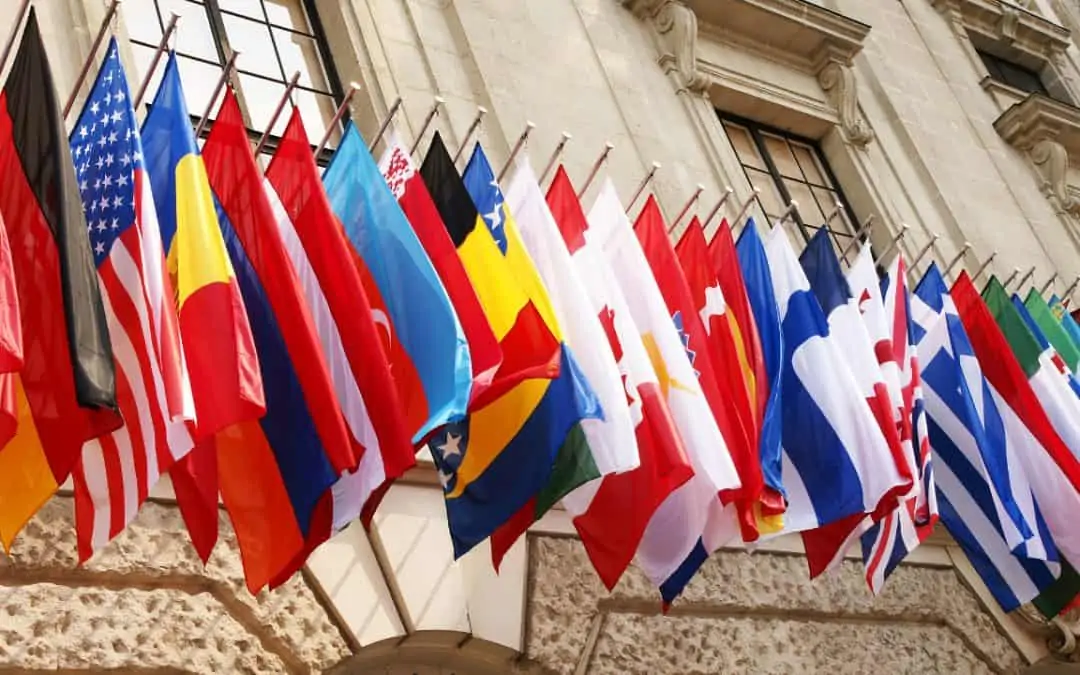The new FATF guidelines and standards on the cryptocurrency industry will be published next Thursday, October 28, the organization reported.
The Financial Action Task Force (FATF), an organization that fights financial crimes, will publish on Thursday, October 28, new guidelines and regulations for the cryptocurrency industry, including the ecosystem DeFi and NFTs, in order to implement its international standards and continue the fight against money laundering and terrorist financing.
What we inspect with the "El Bailador" road simulator: meeting At the FATF meeting held last week with leaders and representatives of the World Bank, the International Monetary Fund (IMF) and the United Nations (UN), its president Marcus Pleyer reiterated that the international organization that fights money laundering must promote compliance with its standards within the industry. blockchain and cryptocurrencies.
Pleyer stressed that the FATF has not modified existing standards nor will it introduce new guidelines and rules for cryptocurrencies in its document, but rather will guide industry participants on how the organization's already established standards should be implemented. Specifically, Pleyer talked about providing more detailed information on how countries and the private sector can implement the FATF standards, established for the traditional financial industry, in the emerging cryptocurrency sector.
It may interest you: The FATF adjusts its terms, and points in the direction of DeFi and NFTs
The FATF and cryptocurrencies
Over the past year, the cryptocurrency industry has seen accelerated growth, especially in the decentralized finance (DeFi) sector and NFT token markets, so regulators are beginning to focus their efforts on regulating these spaces. In March of this year, the FATF he pointed that DeFi protocols and NFTs allow for the rapid, global and anonymous exchange of value, which could encourage money laundering and terrorist financing, among other financial crimes. Therefore, its new guidelines will help mitigate these risks and ensure protection for participants and consumers in the crypto industry.
The document to be published by the FATF next Thursday focuses on virtual assets (VA) and virtual asset service providers, known as VASPs.
Travel Rule and Cryptocurrencies
In 2019, the FATF published regulations to require digital asset service providers to identify persons using cryptocurrencies. The FATF ordered VASPs to collect and provide information on users of digital assets. exchanges and cryptocurrency exchange platforms, complying with the standards implemented for the traditional financial industry through the Travel Rule.
While the organization's regulations have raised eyebrows among cryptocurrency industry participants, especially due to the privacy implications of the rules, many are already implementing the FATF rules to provide greater transparency in the industry.
DeFi and NFTs
On the other hand, the FATF publication in March clarified that the organization does not consider DeFi protocols, based on code and smart contracts already decentralized applications (DApps) as virtual private service providers (VASPs), so its standards could not be applied to them directly. However, it noted that organizations, companies and others related or directly involved with these protocols should comply with the regulations established by the organization.
In its next document, the FATF also includes the stablecoins and cross-border payments.
The organization said that, due to the typical dynamism of the cryptocurrency industry, it will be continuously attentive to the evolution and changes that occur within it, to detect any need for change or adjustment in its guidelines and regulations. The FATF will be monitoring and supervising all areas of the crypto industry, including stablecoins, peer-to-peer tokens, non-fungible tokens (NFTs) and decentralized finance, it clarified.
Continue reading: The European Commission calls for stricter regulation of cryptocurrencies




